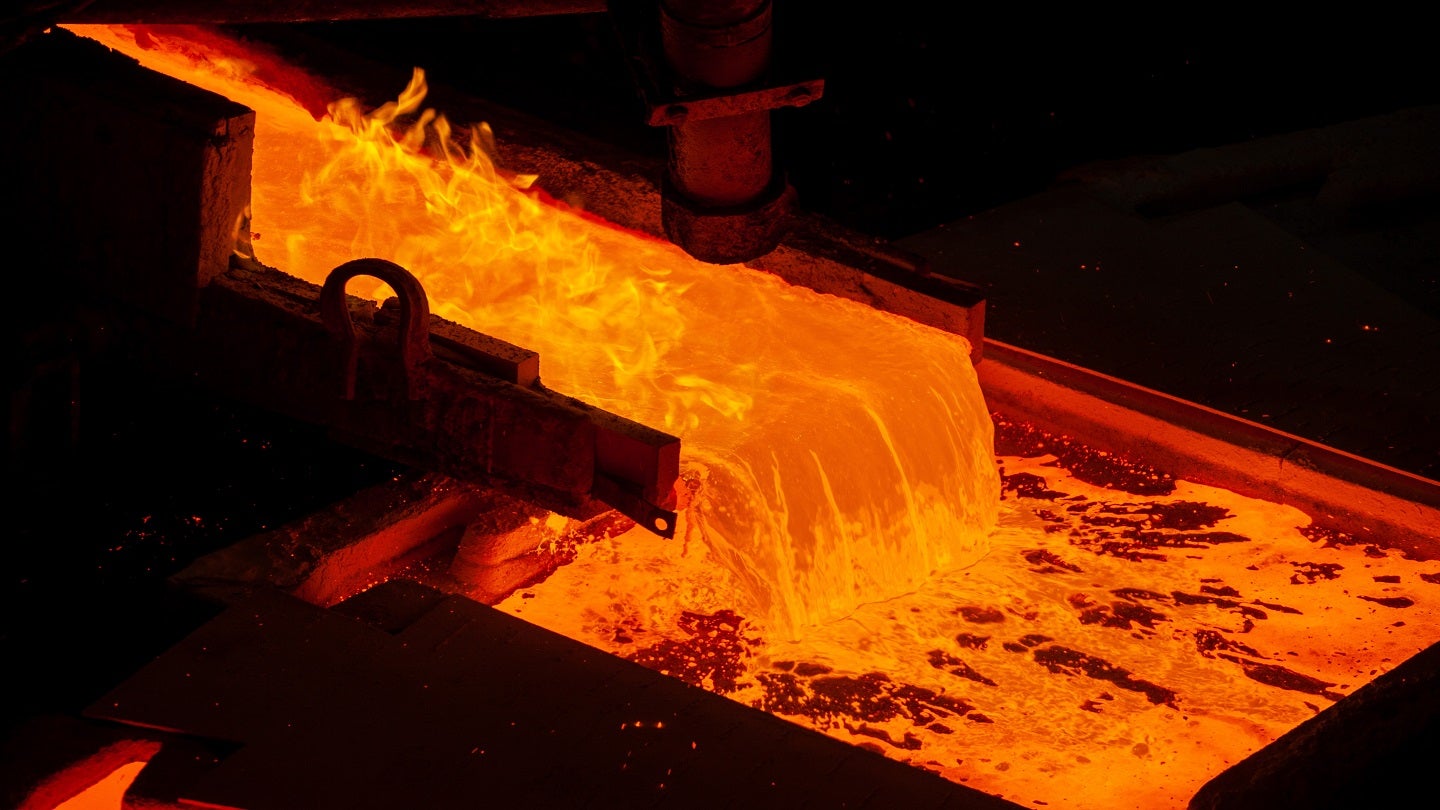Nornickel to shift copper production to China amid sanctions
The new plant will be supplied with nearly two million tonnes per annum (mtpa) of copper concentrate.

Russian nickel and palladium mining giant Nornickel is planning to close its Arctic copper plant in Russia and build a new smelter in China as western sanctions on Russia pose challenges in importing equipment, Interfax reported.
The company is adapting to the sanctions by shifting its focus to the Chinese market, where it intends to establish a joint venture to construct a new copper plant.
This planned facility marks a strategic pivot for Nornickel, which is looking to adapt to both the sanctions imposed on Russia and the evolving preferences of buyers in Asia.
The new plant is expected to be operational by mid-2027 and will be supplied with nearly 2mtpa of copper concentrate, according to the news agency.
This move comes as Asia, particularly China, has become an increasingly important market for Russian commodities following US sanctions on Russia due to its military actions in Ukraine, beginning in February 2022, according to a Reuters report.
In 2023, Asia accounted for 54% of Nornickel's revenue, with China being a key player in this shift.
In addition to the new Chinese venture, Nornickel is exploring partnerships to enter the battery production industry.
Nornickel CEO Vladimir Potanin mentioned leveraging Russian lithium deposits and collaborating with state nuclear corporation Rosatom to venture into this sector.
Potanin noted that Nornickel is only generating revenue at 80% of pre-sanctions levels, despite not being targeted directly.
Potanin was quoted by Interfax as saying: “We are transferring our environmental problems, settlement problems, market access problems, problems with customising our goods for the consumer market, in this case, to China, where they will be solved more efficiently.
He added: "This dependence increases as sanctions pressure increases. We will not get away from this, but being integrated more into the Chinese economy, we are more protected than if we don't have this.
“This pressure forced us to think about how to get our goods to the distribution market in the right way. And one of these non-standard solutions is to transfer part of production to markets of direct consumption.”
Earlier this month, the London Metal Exchange banned Russian metal produced on or after 13 April in compliance with fresh sanctions from the US and UK, in a bid to cut the revenue streams from metal exports by Russian companies such as Rusal and Nornickel.